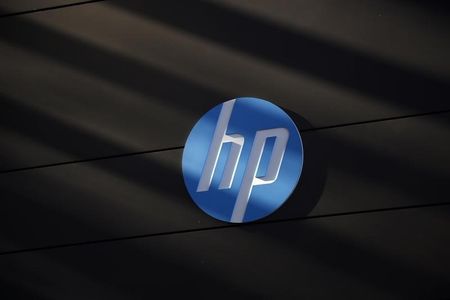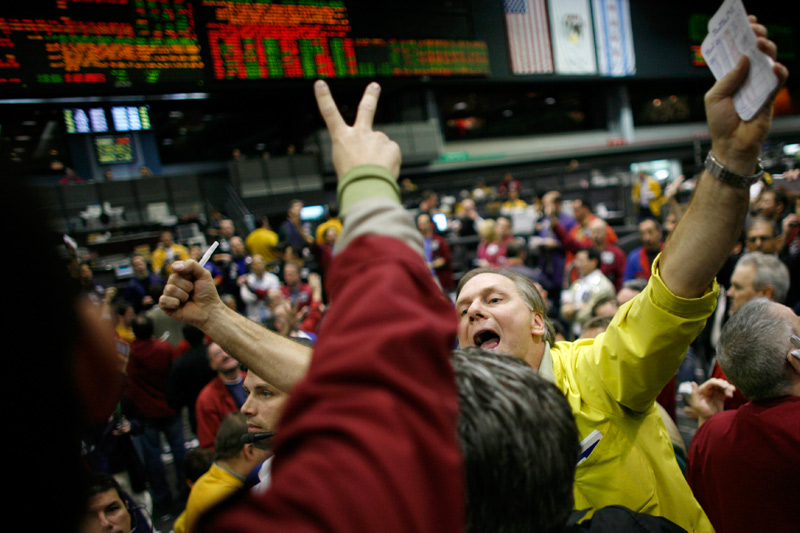By Dan Levine
SAN FRANCISCO (Reuters) - A U.S. judge on Friday sharply questioned provisions of a shareholder settlement that would release Hewlett-Packard Co executives from liability over the computing company's botched acquisition of Autonomy Plc.
At a hearing in San Francisco federal court, U.S. District Judge Charles Breyer asked whether HP officials, including Chief Executive Meg Whitman, were getting too broad of a pass from potential shareholder claims related to their leadership.
"The release appears to be staggering in its breadth," Breyer said, adding that he had not yet decided whether to reject the deal.
HP announced a $8.8 billion (5.42 billion pound) writedown in November 2012, just over one year after buying Autonomy, and linked more than $5 billion to accounting fraud and inflated financials by Autonomy executives. The British company and its executives have denied any wrongdoing.
Under the settlement, shareholder attorneys agreed to drop all claims against HP's current and former executives, including Whitman, board members and advisers to the company. In return, the company agreed to corporate governance reforms on how it handles acquisitions.
In court on Friday Breyer said the settlement, as currently written, could absolve HP executives from shareholder liability on subjects beyond the Autonomy deal.
"The question I have to determine is whether that's fair," Breyer said.
Originally, the settlement called for HP to pay shareholder attorneys at least $18 million to jointly pursue those claims, but those fees were removed from the deal due to concerns previously expressed by Breyer.
Earlier this week CalPERS called on Breyer to reject the deal unless the parties disclosed a revised fee amount. The agreement now calls for about $8.7 million in fees for plaintiff attorneys, according to documents filed late on Thursday.
HP has said it intends to sue former Autonomy CEO Michael Lynch and Chief Financial Officer Sushovan Hussain, as well as the British unit of Deloitte & Touche.
Multiple parties have objected to the shareholder settlement, including Hussain, who called it collusive.

The case is In re: Hewlett-Packard Co Shareholder Derivative Litigation, U.S. District Court, Northern District of California, No. 12-06003.
(Reporting by Dan Levine; Editing by Richard Chang)
